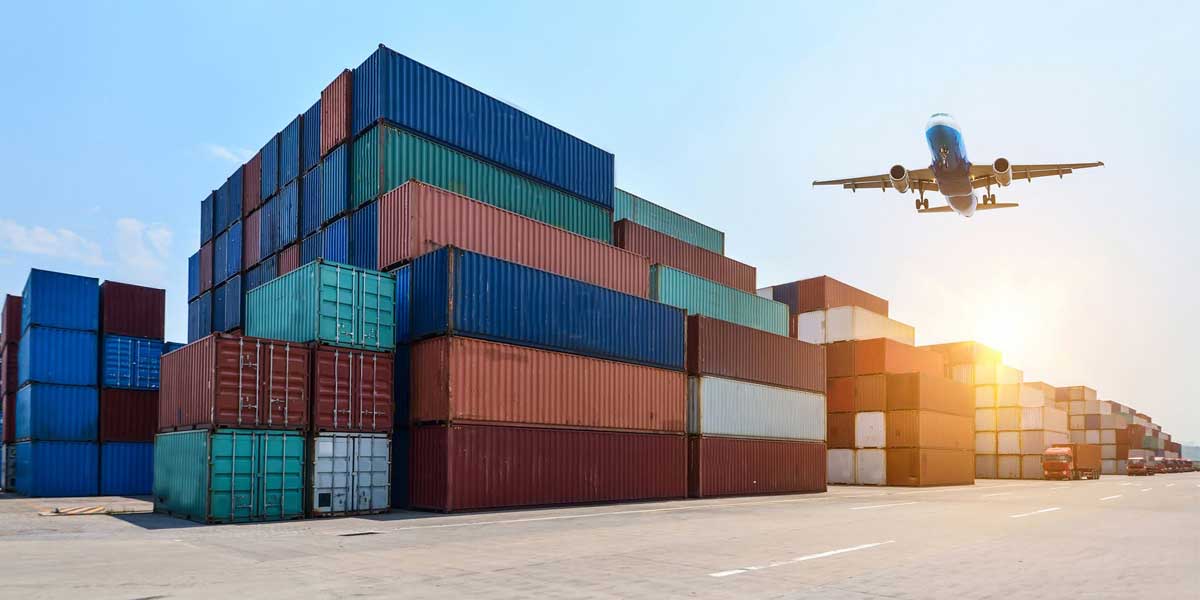The Indian logistics sector has witnessed a significant sequential recovery after experiencing severe disruption in Q1 FY2021, on account of the nationwide lockdown that created demand- and supply-side challenges. Those issues eased in subsequent months as economic activity recovered. According to a report by premier ratings agency ICRA Ratings, as lockdown-related restrictions eased and economic activity revived, the freight availability for logistics players also improved. Many of the logistics companies reverted to pre-pandemic levels by the end of Q2 and started reporting y-o-y growth from Q3, and that trend continued into Q4 as well. Freight rates also remained firm during this period.
The recovery has also been visible across other modes of transportation as well. Rail freight traffic reported similar trends, reporting y-o-y growth of 5% and 10% in Q2 FY2021 and Q3 FY2021 respectively. The volumes thereafter have also held up, touching peak freight volumes in January 2021, resulting in 7% y-o-y growth during the fourth quarter so far. The seaways freight traffic, though growing slower than the other modes on account of supply-side and infrastructure constraints, has also reverted to growth trajectory since November 2020.
Healthy momentum
Overall, the aggregate revenues of ICRA’s sample of logistics companies recovered both sequentially and y-o-y in Q3 FY2021, growing 17% over Q3 FY2020 levels and 19% sequentially. The recovery was visible across the various modes of logistics activity. Both truck load and supply chain management businesses benefited from the pickup in manufacturing activity and consumer demand. Furthermore, the express cargo segment reported healthy momentum, supported by strong traction from the e-commerce sector ever since the onset of the pandemic. However, the express segment with dependence on document movement (especially air cargo) continues to remain impacted as offices are yet to open up completely.
The momentum sustained over Q4 with freight volumes continuing to report y-o-y growth trends and freight rates remaining firm. The growth trend is expected to continue over the next couple of quarters, as the impact of a low base also starts to kick in.
With the encouraging trends visible so far, ICRA expects that the logistics sector would continue to pare back some of the volumes and revenues lost during the first quarter.
ICRA has revised the revenue contraction estimate for the sector to 4-7% for FY2021, from 12-14% expected earlier. With continued economic recovery, the FY2022 growth is likely to be healthy at 10-12%.
The recovery would continue to be led by rural positivity and pick-up in sectors like e-commerce, automotive and pharmaceuticals, which have grown faster than expected. Nevertheless, the recent spike in Covid-19 cases, and possibilities of further lockdowns being imposed to combat it, pose potential downside risks to these estimates.
Towards better formalisation
In terms of profitability, logistics companies have also been able to arrest the earnings contraction to a significant extent despite lower revenues and higher fuel prices, supported by aggressive rationalisation of fixed overheads and cost-control initiatives. Accordingly, the aggregate OPM of ICRA’s sample expanded by 60 bps on a y-o-y basis during Q3 FY2021, despite rising diesel prices. However, as the impact of several cost-control initiatives like salary reduction, rental waivers etc. were temporary in nature. These levels of margins are not expected to be sustainable. The problem is compounded by the continued firming up of diesel prices. Accordingly, the ratings agency expects the aggregate operating profit margins of its sample to be in the range of 7.5-8.5% in FY2021, as against 8.8% in FY2020.
Growth over the medium term is expected to gain momentum with anticipated increase in demand from segments like e-commerce, FMCG, retail, chemicals, pharmaceuticals and industrial goods coupled with industry paradigm shift towards organised logistics players post GST and E-way bill implementation. Additionally, the sector is likely to witness some consolidation trends, given the rising pressure on viability of small fleet operators.
Furthermore, multimodal offerings are likely to gain increased acceptance and traction going forward, given that players offering multimodal services had more flexibility and hence, were better placed to service their customers during the lockdown phase. Given these factors, and the relatively higher financial flexibility available to large organised players, there is potential for increased formalisation in the sector going forward.
ICRA is a public limited company, with its shares listed on the Bombay Stock Exchange and the National Stock Exchange.
Image Source





















